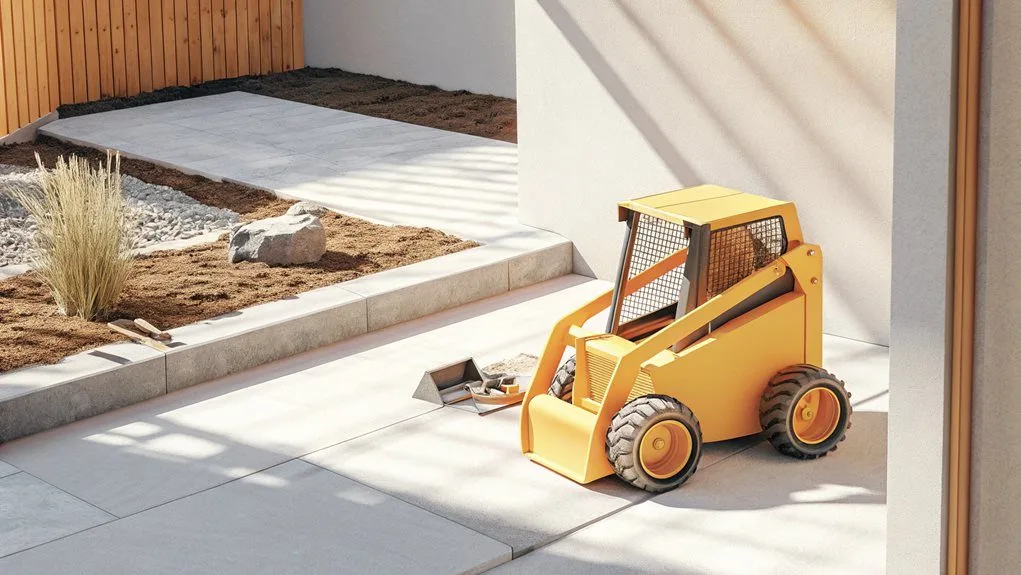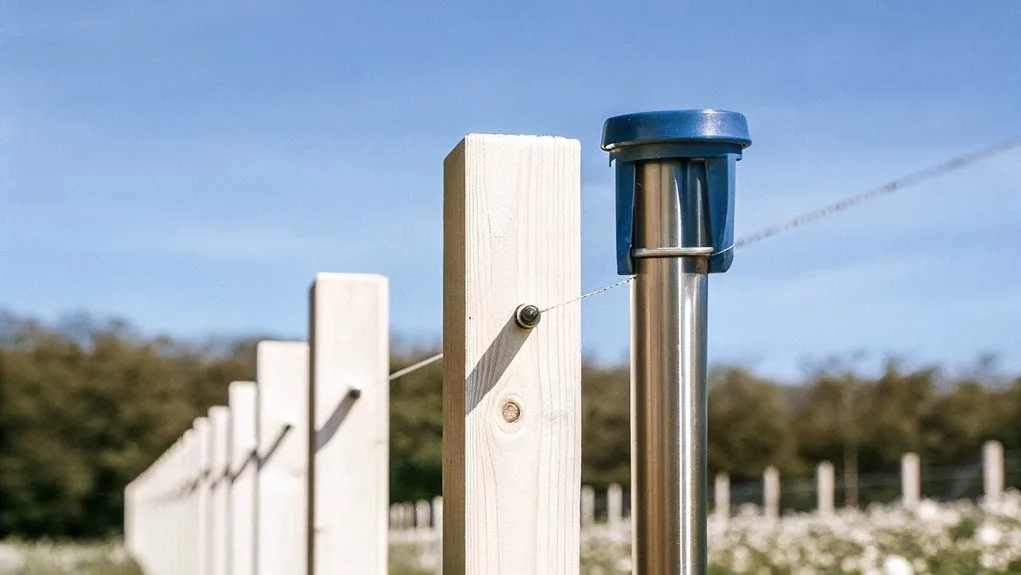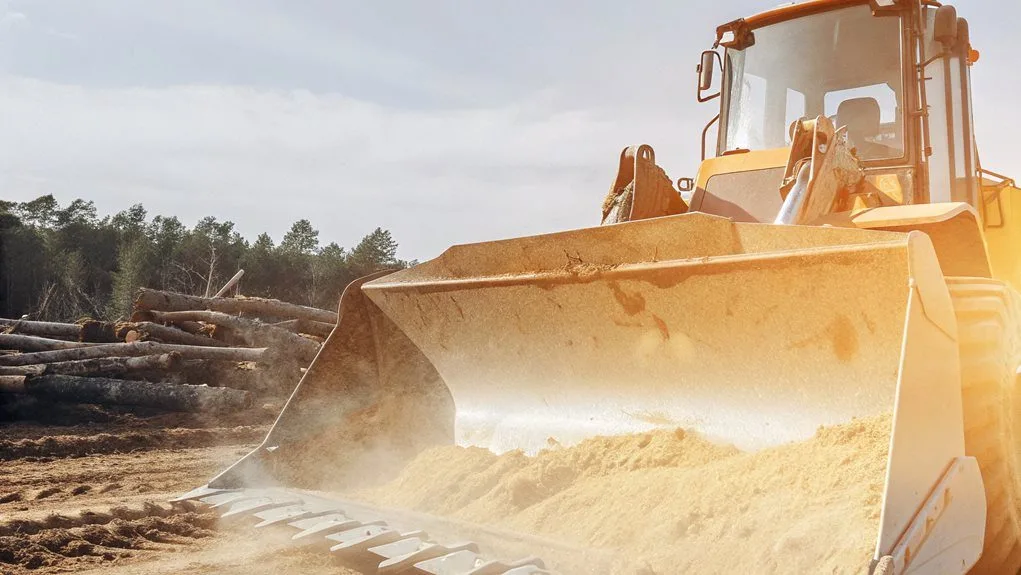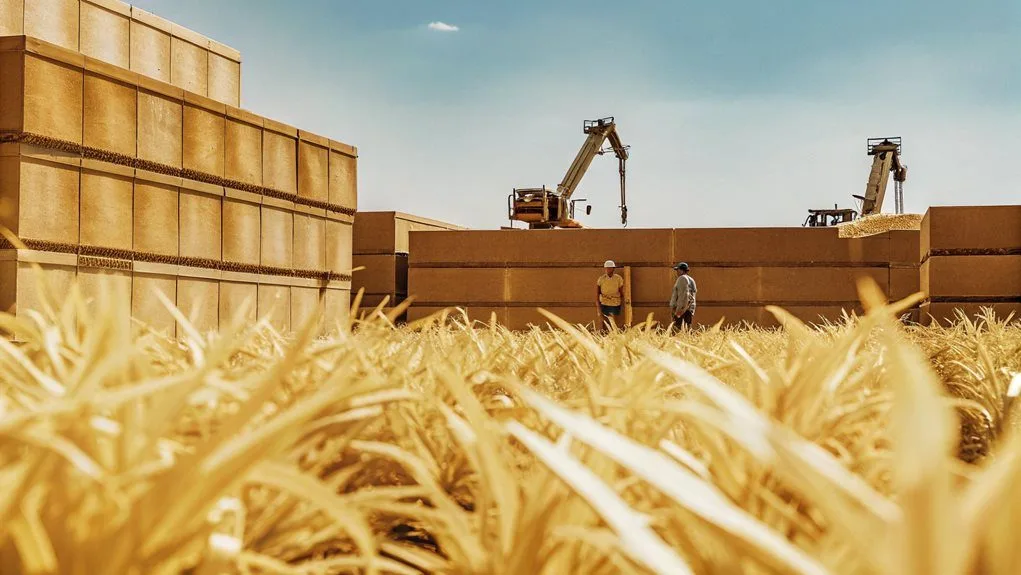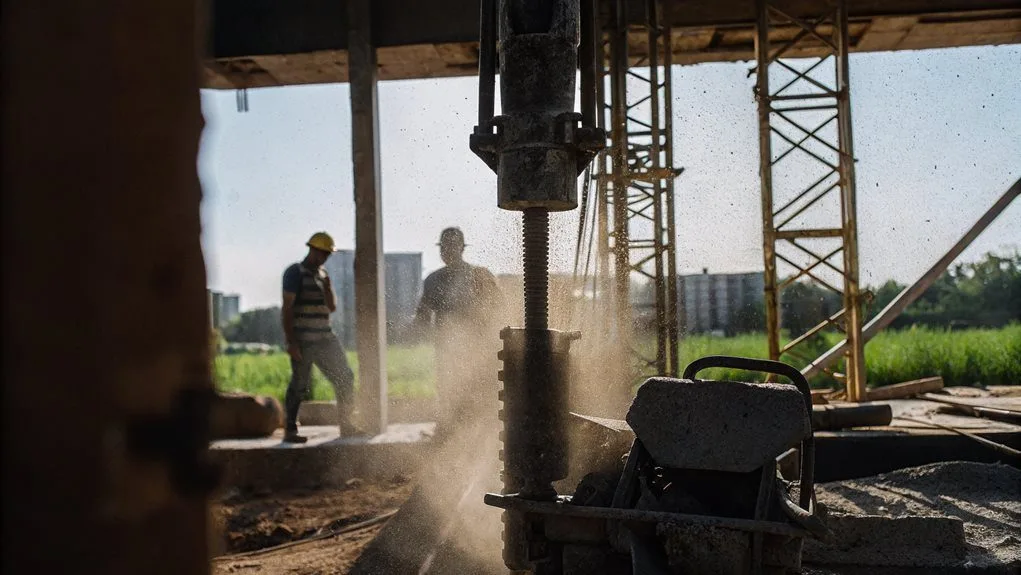Navigating the complexities of construction project plant hire costs is often the linchpin in maintaining a healthy project budget. From deciphering the nuances of rental agreements to making decisions between renting versus purchasing equipment, construction professionals are on a constant quest for strategies that not only meet their project requirements but also optimize financial resources.
This intricate dance of numbers and negotiations is where many find themselves seeking clarity and direction, eager to uncover cost-effective solutions without compromising on quality or timelines.
Drawing on years of industry experience, this discussion aims to demystify the factors that influence plant hire costs, offering insights into the art of balancing budget constraints with project needs. By tailoring our advice to the unique challenges faced by construction professionals, we strive to establish a connection that transcends the typical client-advisor dynamic, fostering a sense of trust and mutual understanding.
As we delve into the benefits of renting versus purchasing, along with tips for securing favorable plant hire rates, rest assured that the path to mastering your project's financial planning is ahead, inviting you to explore practical strategies designed with your success in mind.
Key Takeaways
- Equipment size, weight, and dimensions affect plant hire costs.
- Renting construction equipment offers flexibility and cost savings compared to buying.
- Negotiating rental rates involves evaluating rental period, bundling equipment, and obtaining competitive quotes.
- Additional charges in plant hire contracts include fuel surcharges and maintenance fees.
Factors Affecting Plant Hire Costs
Factors affecting plant hire costs can vary depending on equipment size, weight, dimensions, distance to the delivery destination, fuel rates, and supplier choice. Construction projects often require specific equipment to carry out various tasks efficiently.
The cost of hiring plant equipment is influenced by its size, weight, and dimensions. Larger equipment tends to be more expensive to hire due to its higher capacity and capabilities. Similarly, heavier equipment may require specialized transportation, increasing delivery costs.
Distance to the delivery destination also plays a significant role in determining the overall cost. Longer distances require more fuel and time, resulting in higher transport costs. Fuel rates are another key factor affecting plant hire costs. Fluctuations in fuel prices can impact delivery costs, as suppliers adjust their rates accordingly.
Additionally, the choice of supplier can affect costs. Different suppliers may offer varying rates based on their pricing structures and overhead expenses. Therefore, it is crucial for project managers to carefully consider these factors when estimating plant hire costs to ensure accurate budgeting and cost control.
Types of Construction Equipment for Hire
Construction projects often require a wide range of specialized equipment to efficiently carry out various tasks, such as excavation, transportation, and lifting. When it comes to hiring construction equipment, there are several options available to meet project needs. Excavators, dump trucks, bulldozers, cranes, and compactors are some of the common types of construction equipment that can be rented from a plant hire company. These machines are essential for tasks such as digging, hauling materials, pushing soil, lifting heavy objects, and compacting surfaces.
In addition to these general-purpose machines, there are also specialized equipment available for hire. Skid steers, backhoes, concrete mixers, and aerial lifts are examples of specialized equipment that cater to specific project needs. These machines are designed for tasks that require precision and efficiency, such as landscaping, concrete mixing, and working at heights.
Plant hire companies offer a variety of equipment sizes and capabilities to suit diverse construction tasks. This allows project managers to choose the right equipment for their specific needs, ensuring optimal performance and cost-effectiveness. However, equipment availability for hire may vary depending on the rental company's inventory, maintenance standards, and regional demand.
Renting construction equipment provides several advantages, including access to modern machinery that meets the latest safety and environmental standards. By renting instead of buying, project managers can avoid the upfront costs of ownership and benefit from the rental company's maintenance and service support. Overall, hiring construction equipment offers flexibility, cost savings, and access to specialized machinery, making it a practical choice for many construction projects.
Cost Comparison: Renting Vs. Buying Construction Equipment
When comparing the costs of renting and buying construction equipment, it is essential to consider various factors. Renting construction equipment offers project flexibility, as different equipment can be used for various projects without long-term commitments. Additionally, renting allows for access to the latest technology and well-maintained equipment without the need for equipment storage. On the other hand, purchasing equipment involves upfront capital investment and potential depreciation over time. Maintenance costs for purchased equipment can be around 12-18% of the original purchase price annually. In contrast, renting construction equipment can cost around 15-20% of the purchase price annually.
Renting construction equipment provides the advantage of not having to worry about equipment maintenance, as this responsibility falls on the rental company. This can save time and resources for the construction project. However, buying equipment gives the owner complete control over its use and maintenance.
It is important to carefully consider the needs of the construction project, the duration of equipment usage, and the available budget when deciding between renting and buying construction equipment. Evaluating the costs and benefits associated with each option will help make an informed decision and ensure that the project runs smoothly and efficiently.
Tips for Negotiating Plant Hire Rates
Negotiating plant hire rates requires careful consideration of various factors to ensure cost-effectiveness and optimal project management. To help you navigate the negotiation process successfully, here are some useful tips:
- Evaluate the rental period and volume of equipment: Assess the duration of your construction project and the amount of equipment needed. Longer rental periods and larger volumes often warrant lower rates, so use this information to negotiate better prices.
- Bundle equipment rentals: Consider bundling multiple equipment rentals from the same supplier. This can help you leverage discounts and lower your overall costs, providing a more cost-effective solution for your project.
- Discuss flexible payment terms: Aligning payment terms with your project cash flow can be advantageous. Negotiate options like weekly or monthly rates, allowing you to manage your expenses more effectively.
- Obtain competitive quotes: Request quotes from different plant hire companies to compare rates. Armed with these competitive quotes, you can negotiate the most cost-effective deal for your project.
Understanding Additional Charges in Plant Hire Contracts
Understanding the breakdown of additional charges in plant hire contracts is crucial for effectively managing and controlling overall project expenses. Construction companies need to be aware of the various additional charges that may be included in their rental contracts, as these can significantly impact the cost of renting equipment.
Some of the common additional charges that construction companies may encounter include fuel surcharges, maintenance and repair fees, service charges, and equipment delivery charges. These charges are often not included in the base rental rate and can add up quickly, affecting the project budget.
To avoid unexpected expenses, it is essential to carefully review the rental contract and clearly communicate with the plant hire company about any additional charges. This includes negotiating and clarifying the terms and conditions related to these charges before signing the contract.
Implementing a fee tracking and verification process can also help construction companies stay on top of additional charges. By regularly reviewing invoices and comparing them with the agreed terms, companies can identify any discrepancies and address them promptly.

